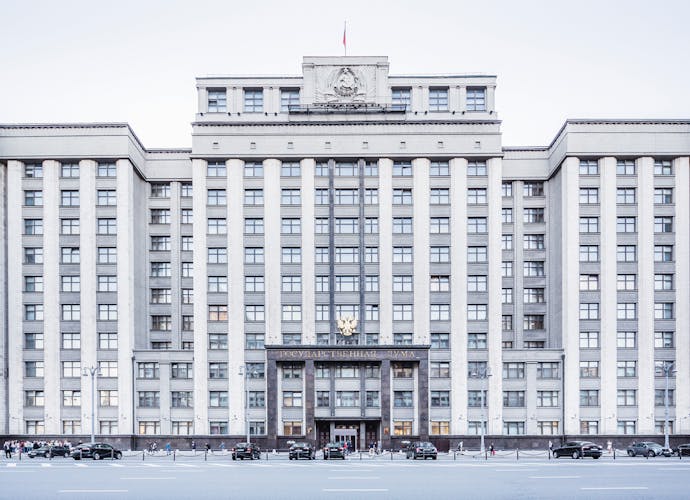EU/Belarus human rights forum: No business as usual after recent clampdown
The European Union cannot turn a blind eye to the recent crackdown on fundamental rights and freedoms and mass abuses by security forces in Belarus said Amnesty International, ahead of the latest round of the EU-Belarus Human Rights Dialogue in Brussels on 20 July.
Following a campaign of mass arrests and intimidation against protesters, opposition activists and journalists in Belarus since a peaceful rally on 25 March, the EU must use the talks to apply pressure on President Lukashenka’s government to start showing respect for fundamental freedoms and bring those responsible for violations to justice.
“By viciously cracking down on hundreds of peaceful protesters and government critics since the beginning of this year, the Belarusian authorities have completely undone the recent superficial progress they had made on human rights,” said John Dalhuisen, Director of Amnesty International’s Europe and Central Asia Regional Office.
“The European Union must demand that the Belarusian authorities end these violations and insist on nothing less than an immediate and effective investigation and prosecution of the perpetrators of violence against protesters.”
The scale and severity of the recent clampdown is unparalleled since 2009. Between March and May, over 900 people were arrested in connection with protests against a tax on the unemployed, which was imposed by President Alyaksandr Lukashenka’s Decree “On Prevention of Social Dependency”.
Peaceful activists have been beaten, clubbed, dragged by their clothes, and kicked during their arrests. Inside police stations, law-enforcement officers made those arrested stand with their faces against the wall for up to five hours and forcibly fingerprinted and photographed them.
The authorities have specifically targeted human rights defenders and journalists, arresting more than 100 media workers in March and April. On 25 March, police special forces raided the office of the human rights organisation, Viasna, in Minsk and detained 57 human rights activists who planned to monitor the rally later on that day.
Opposition activists were also particularly targeted by law enforcement agents. One of them, Ales Lahvinets, 45, and his son Anton, 22, were arrested in broad daylight by two men in plainclothes on 23 March as they were walking near their home in Minsk. Without showing their identification or offering any explanation, the two men forced Ales and his son into their van and immediately started beating Ales as his son was trying to protect him.
“He [a police officer] called me a sell-out scum and a traitor. When I demanded to know what’s going on, he hit me twice in the face with his fist, while the other sat on me as I was laying on the floor of the van”, Ales Lahvinets told Amnesty International.
Ales Lahvinets was later sentenced by a court in Minsk to 10 days of administrative detention for purportedly swearing in public. The judge ignored his allegations of beating and other ill-treatment, which were supported by the testimony of his son and the visible marks on his face.
“The ease and severity of this crackdown serves as a stark reminder for the international community that the authorities in Minsk are no more respectful of human rights today than they were two years ago,” said John Dalhuisen.
Belarus also remains the only country in the whole of Europe and Central Asia which practices capital punishment.
Most of the EU sanctions against Belarus were lifted in February 2016 at a time when the previously unrelenting repression of basic rights and freedoms appeared to be receding. The lifting of sanctions also came after increasingly promising rhetoric from the Belarusian authorities regarding the possible abolition of the death penalty. However, after a hiatus of over a year, the executions resumed in April 2016, and in October 2016, all four remaining prisoners on death row were executed within a month. New death sentences and further executions have followed since. There are currently at least two prisoners on death row in Minsk and their execution is imminent.
“By easing the sanctions in 2016, European Union leaders obviously expected further mitigation of Belarus’ repressive policies. They were gravely mistaken and now is the time to demand a response,” said John Dalhuisen.
![[Voor Wordt Vervolgd] Svetlana Tichanovskaja hamert erop dat ook aan Belarus moet worden gedacht bij onderhandelingen over vrede in Oekraïne.](https://amnesty.imgix.net/content/uploads/2025/01/ANP-478035366.jpg?auto=compress%2Cformat&w=690&h=500&fit=crop&crop=focalpoint&fp-x=0.47&fp-y=0.25&fp-z=1)

